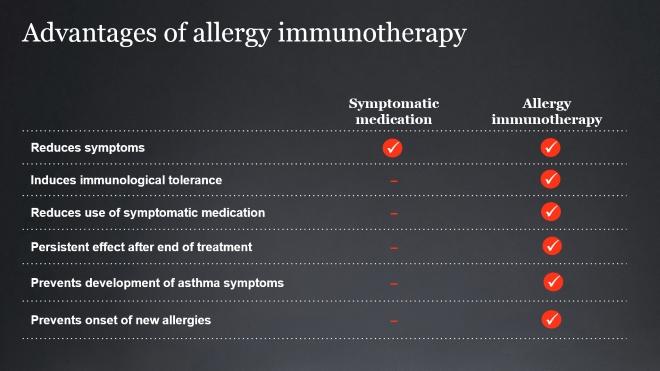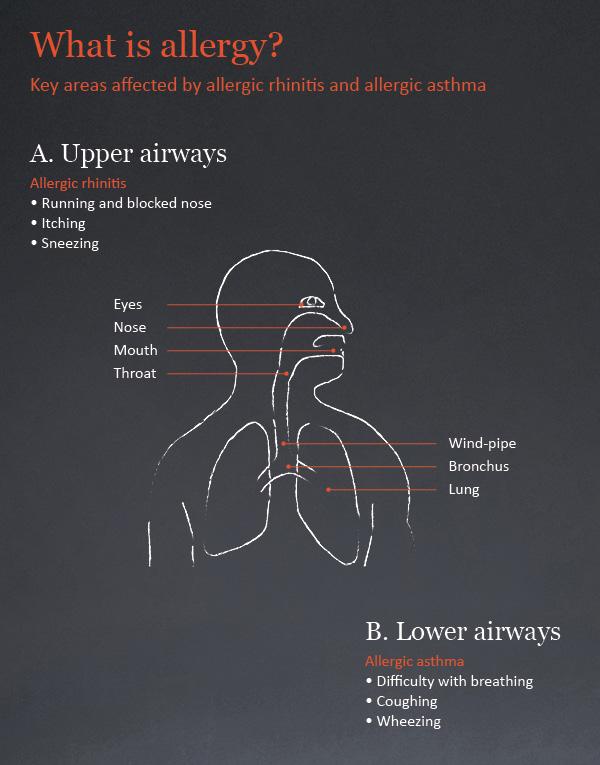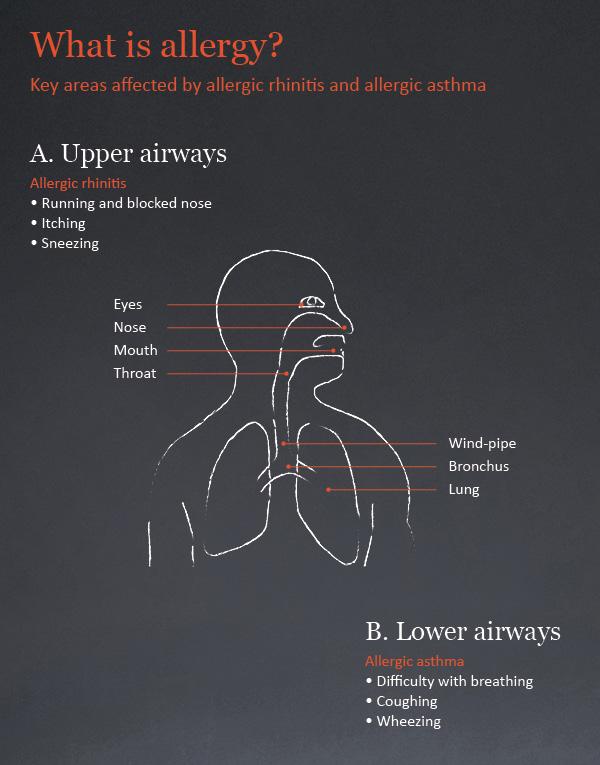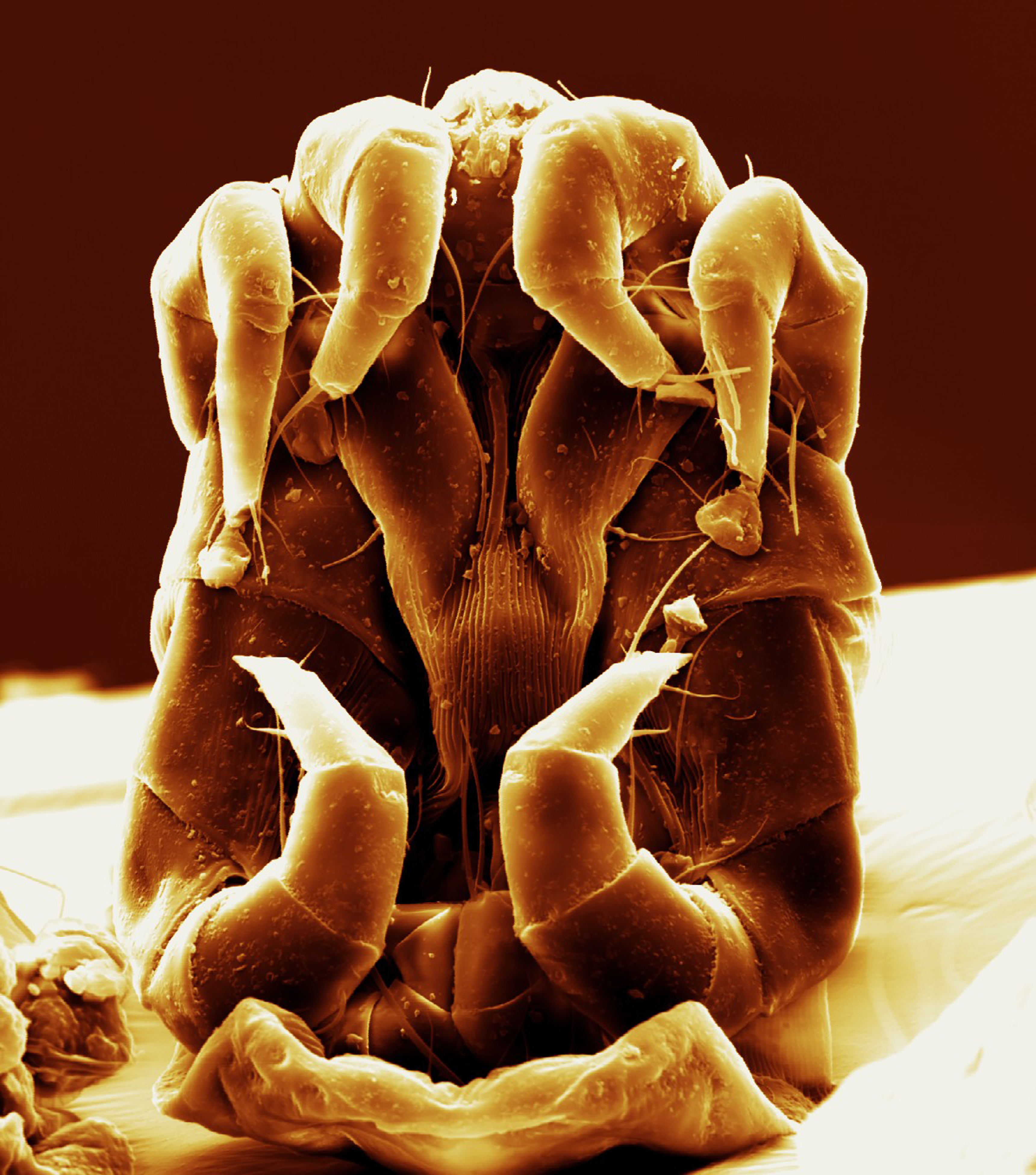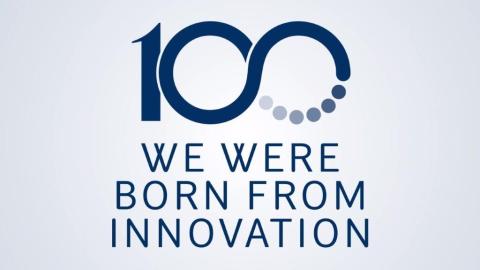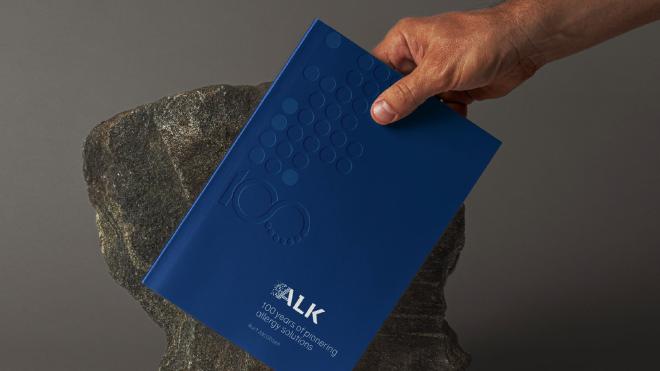There are two ways of treating allergic rhinitis. Both have been shown to provide relief and put an end to discomfort and feeling ill.
Symptomatic treatment
Symptomatic treatments are typically used to relieve the symptoms of allergic rhinitis but only work while the medicine is being taken. They have no long-term effect on the allergy itself. This is because, while they reduce the symptoms of allergy, unlike immunotherapy, they do not induce allergen tolerance.
Most symptomatic treatments are available over-the-counter (OTC), for example, in supermarkets or pharmacies, and include pharmaceutical medicines such as antihistamines, nasal steroids and decongestants.
Immunotherapy treatment
Immunotherapy treatment has a long-term effect which offers a sustained improvement in the patient’s condition, sometimes for several years following treatment.
The main difference between symptomatic and immunotherapy treatment is that immunotherapy induces tolerance and so alters the natural course of the disease. There are immunotherapy treatments available for each of the most common respiratory allergens.


